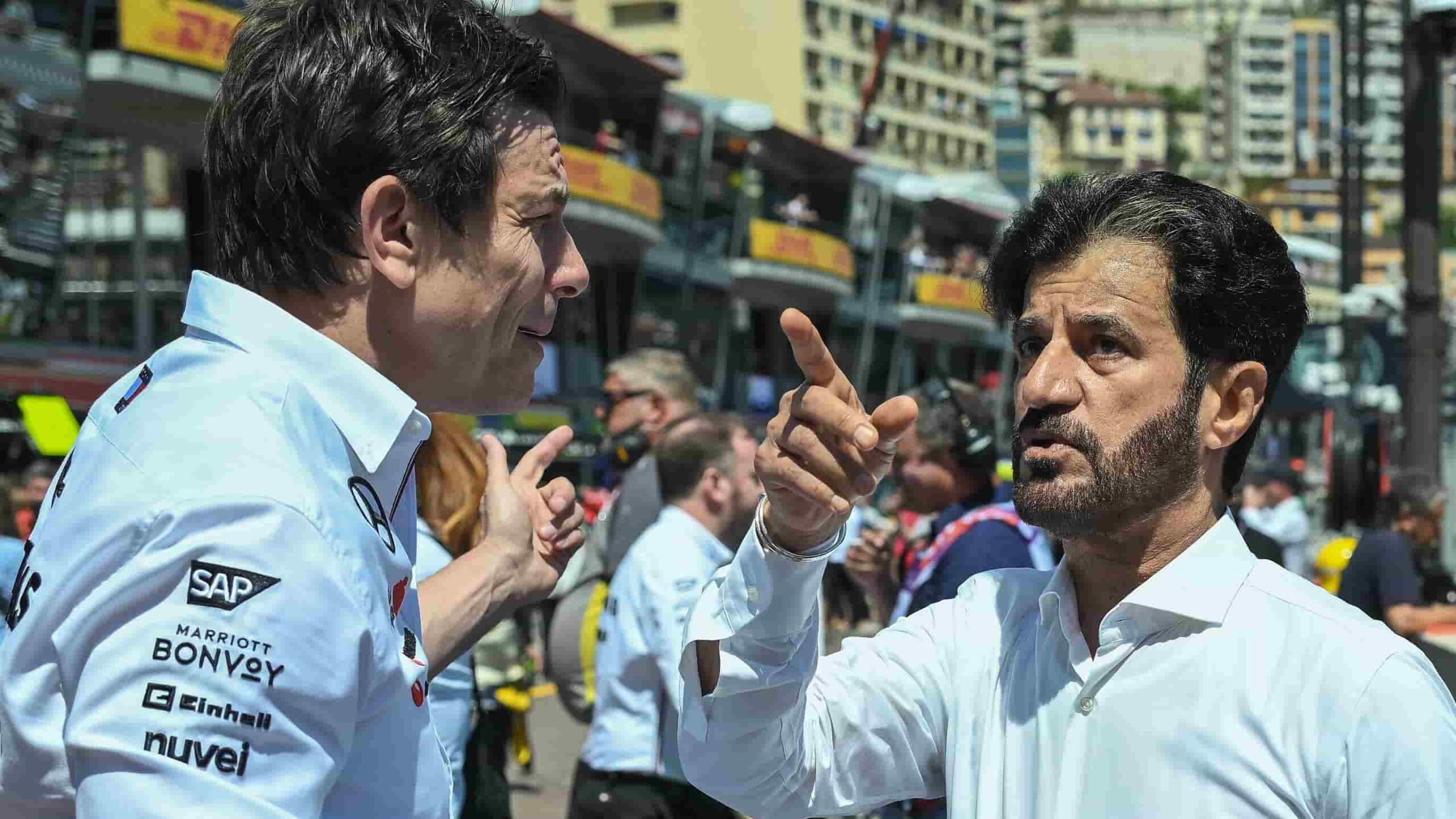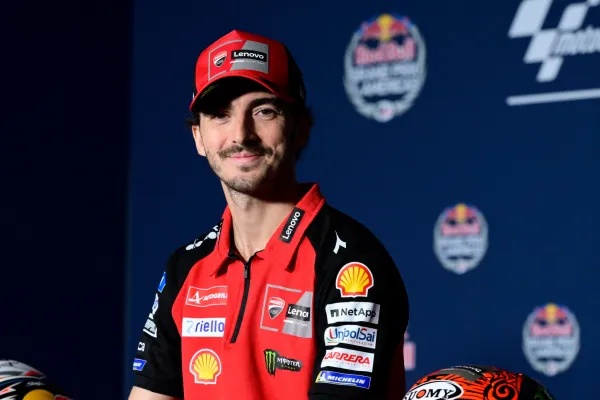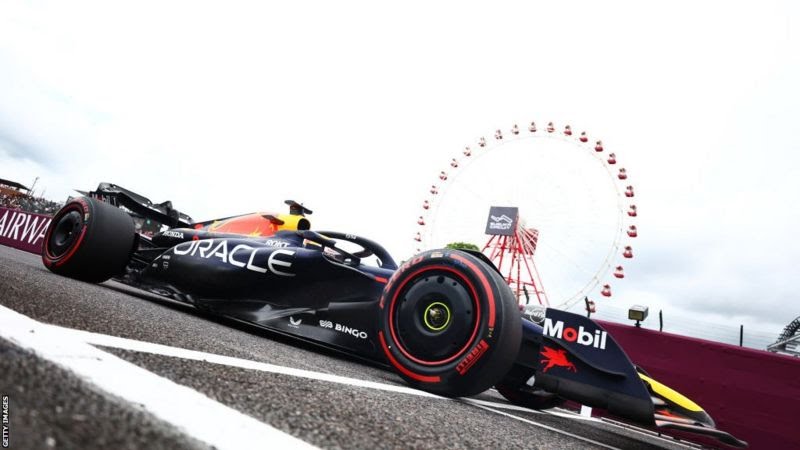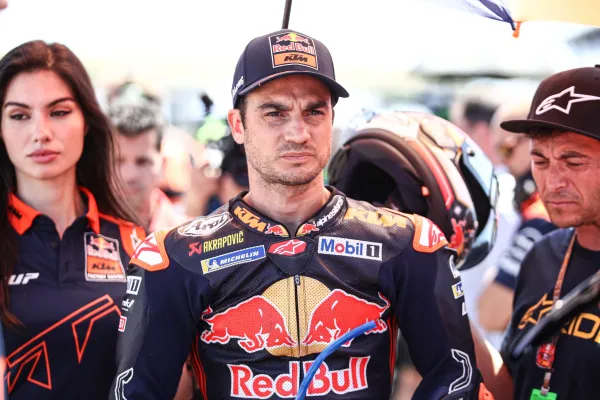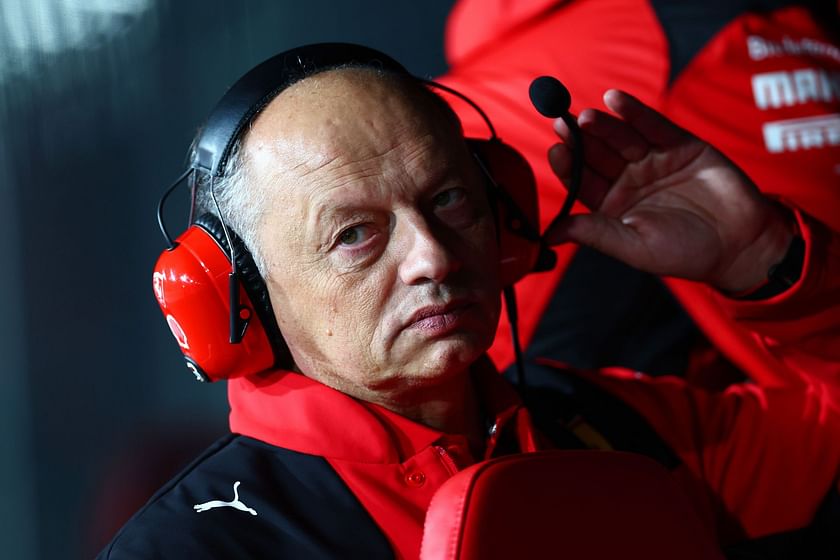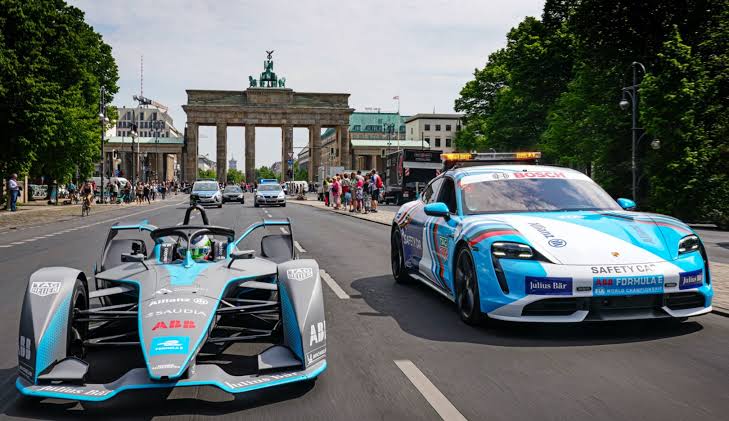FIA Drops 2029 Engine Change Plan: What It Means For Formula 1’s Future
A Big U-Turn From Motorsport’s Governing Body
Engine debates have not been new to Formula 1. Any change in regulation attracts controversy, not only defining the future of the sport but also the future of technology in road cars. This is why the recent news was so unexpected: FIA President Mohammed Ben Sulayem has given up the idea to launch an all-new engine formula in 2029. The move brings an end to months of speculation on the possibility of a reset in the technical roadmap of the sport. To teams, fans, and manufacturers, the relocation has massive consequences, not just in terms of performance but also in the identity of Formula 1 as it strives to become sustainable.
Why the 2029 Plan Was on the Table
The initial concept of a 2029 engine swap was included in the larger initiative of Formula 1 to remain viable in a world that is increasingly shifting towards greener technology. The introduction of hybrid engines in 2014 changed everything, but critics claimed that they were costly, complex, and did not necessarily provide the spectacle fans desired. By the mid-2020s, there were already debates about whether a new formula could make technology simpler and meet global climate ambitions.
The 2029 concept was said to have involved the potential of completely sustainable fuels, less expensive power units, and even a shift towards the less complicated hybrid systems in use today. Manufacturers were divided on the question. Others were excited by the opportunity to demonstrate innovation, and some feared the cost and the danger of disrupting the competitive order.
The reasons why the FIA abandoned the idea.
So why the sudden reversal? The FIA seems to have resolved that stability is more preferable. Months of deliberation led to the realization that adding another engine reset only four years after the 2026 rules might upset the delicate balance in the sport. The 2026 power units will already operate on 100 percent sustainable fuels and have a higher focus on electrical power. That shift can be regarded as a giant leap. Requesting teams and manufacturers to make another overhaul so early was a risk to the stakeholders and would drive the costs to the sky.
And there is a practical reality involved. Formula 1 has been trying its best to entice new manufacturers, and Audi will be a part of it in 2026. Others, such as Ford (with its Red Bull deal), have done so as well. Introducing another significant rulebook change by 2029 would have scared them away and reversed years of progress. Simply put, the FIA knew that stability is confidence, and confidence is what Formula 1 must have to retain its new partners.
Reactions of Teams and Manufacturers.
The reaction was positive, and teams were quick to react to the announcement. Long-time engine suppliers Mercedes and Ferrari were relieved that resources could now be concentrated on making the most of the 2026 regulations instead of preparing another overhaul. Red Bull, which is setting up its own power unit division in partnership with Ford, also embraced the clarity, as the massive investment in infrastructure will not be rendered obsolete in three years of being online.
It was also noticed by manufacturers not in the sport. Formula 1 is more appealing to new entrants due to stability. A reset in 2029 would have caused the sport to appear unpredictable and risky to companies looking to make a commitment in the future. The timeline is now more realistic, allowing all involved to have time to build and demonstrate sustainable technologies without the fear of another big shake-up looming.
What This Means for the Fans
To fans, the move may not be as exciting as a promise of a new formula, but in a lot of ways, it is good news. The constant changing of the rules usually results in imbalanced championships where a single team plays years ahead of others. By not resetting again so soon after 2026, Formula 1 will have an opportunity to make the field closer and the competition healthier.
The identity of the sport is also of concern to fans. Although there have always been purists who wanted louder, simpler engines such as the old V8s or V10s, Formula 1 has now made it clear that its future is hybrid and sustainable technology. By not pursuing another redesign but instead remaining with the next 2026 structure, the sport remains consistent in its message: Formula 1 is about the cutting-edge innovation that represents the direction the car industry is taking.
The Future of Formula 1 through The Bigger Picture.
The cancellation of the 2029 plan also brings into focus the balancing act Formula 1 is going through. On the one hand, it needs to be more sustainable and demonstrate that it is applicable in the world where electric cars become more widespread. On the other, it needs to maintain the spectacle. That is a fast car, exciting fights, and engines that still are exciting.
The sport appears to feel that the 2026 regulations find that balance. They check most of the boxes with sustainable fuels, more electrical power, and lower costs. The 2029 reset should be abandoned not because it is a failure to make progress but because it is realistic and affordable progress. It is a sensible step, one that indicates Formula 1 is not only pursuing headlines but is also thinking long-term in terms of stability.
Summary: Stability Versus Uncertainty.
When the FIA announced it would cancel its 2029 engine change plan, it was a significant event in the history of Formula 1. Rather than another disruptive change in regulation, the sport has opted to maintain stability, with the next generation of 2026 power units to shape the next generation without disruption. To teams, manufacturers, and fans, it comes as a refreshing dose of predictability in a world that can seem to be dominated by change.
Some may be sad to see a new set of rules go, but the fact is that Formula 1 must walk a fine line between innovation and sustainability. The 2026 engines already suggest a breakthrough in the way the sport tackles performance and the environment. The longer those rules remain, the more certain investments will be rewarded, competition will remain vibrant, and fans will be able to enjoy a championship that is both traditional and modern.
Finally, Formula 1 has taken the wiser route. Stability might not be as headlined as change, but in the long term, it may be what keeps the sport competitive, sustainable, and exciting through the next decade.
